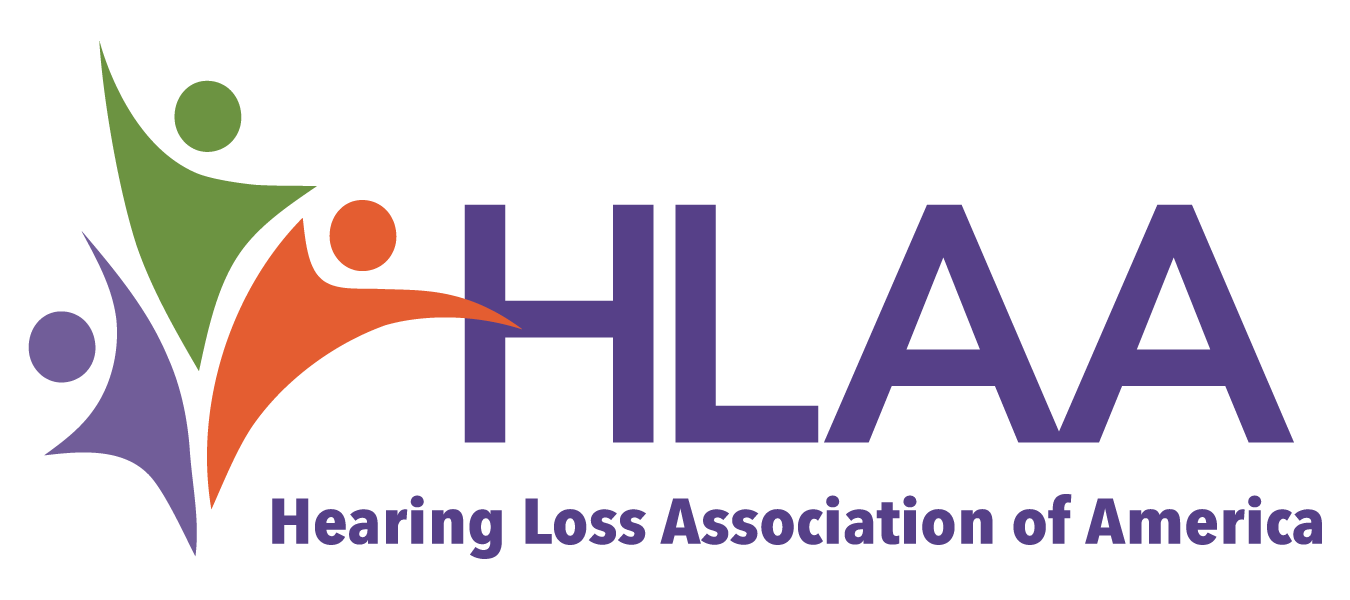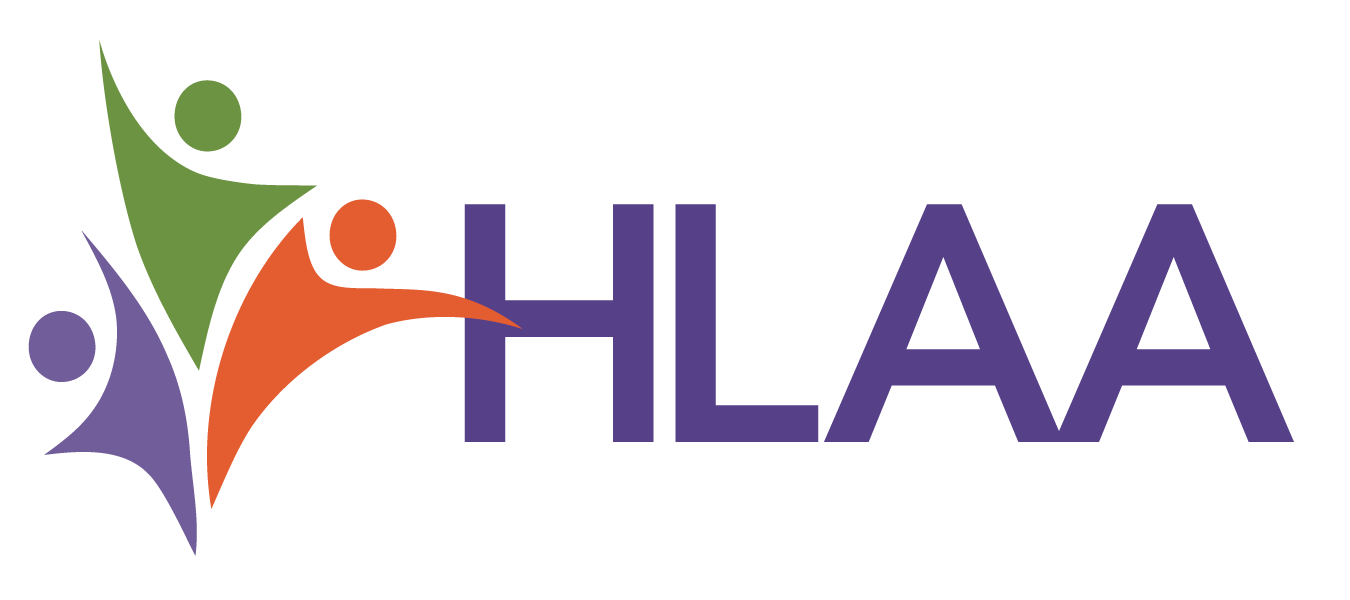Michael A. Harvey, Ph.D., is a clinical psychologist who provides training and guidance on mental health issues and people with hearing loss. View him on the HLAA captioned webinar that aired on March 24, 2020. Dr. Harvey is also a regular contributor to Hearing Life, HLAA’s bimonthly magazine. Join HLAA to receive the magazine. Also, signup for our free Hearing Life e-News.
Dr. Harvey will be doing a follow-up webinar on Thursday, April 2, 2:15 p.m. with a facilitated discussion on what COVID-19 has to offer beyond hardship and fear. Look for more free, captioned HLAA webinars.
Questions & Answers
During Dr. Harvey’s webinar, there were many questions. Here’s a sampling that were not able to be answered on the webinar.
Question: This Coronavirus pandemic has caused me to sleep poorly, mainly due to those anxious thoughts of the unknown for myself and family. How do I get those ‘passing clouds’ to work in the middle of the night, or when trying to fall asleep? Any suggestions are appreciated.
Dr. Harvey: Everything is worse at night. Any kind of distraction technique may be helpful – versions of counting sheep. My typical distraction technique is to imagine I’m pitching a no hitter and imagining the 37,000 baseball fans at Fenway Park giving me a standing ovation. An attitude toward the anxious thoughts of “Hi again. I know you’re there” often helps render these thoughts less powerful. I’m reminded of one person whose tinnitus intruded into his sleep. He said hello to the tinnitus when it appeared – “because I believe in good manners even to unwelcome guests” — but he then started thinking of what to plant in his garden – his version of pitching a no-hitter.
There are many good resources on what is called “sleep hygiene.” One resource is from the American Sleep Association. Discussing this with your doctor and asking about sleep medications might also be helpful.
Question: When someone needs to speak to a behavioral health specialist or psychologist, most of them don’t know what to do with people with hearing loss, first there are the communication issues, and those issues related to hearing loss. There are not many mental health professionals who are covered under medical insurance. What sources can we find for this?
Most states have what is usually called, “Commission for the Deaf and Hard of Hearing,” and they have lists of qualified professionals who have expertise in hearing loss. In addition, all psychotherapists are required to list their expertise with the respective insurance company and hearing loss is among the list items.
Question: How can we cope with the upsetting politics around the virus management?
Dr. Harvey: The three most important words here are: advocacy, advocacy, and, you guessed the last word. Getting together in groups to advocate is not only typically more effective but reduces isolation.
Question: I’ve always wondered about the different ways introverts and extroverts experience hearing loss, and now sheltering in place presents another challenge. I think this harder for my husband, an extrovert.
Dr. Harvey: Sounds like a good research project for someone. Your hypothesis makes sense, however. Your husband will rely on social networking to satisfy his extrovert needs. My wife and I are planning a huge dinner party with at least six or seven couples — via Zoom or Google Hangouts.
Question: Are your telehealth sessions captioned for your patients with hearing loss? I just started therapy and have been informed my appointments will take place via telephone. I’m wondering how I can do that? Anything in the way of recommendation?
Dr. Harvey: Telehealth has rapidly become the norm for psychological services. The medium or platform may be the telephone or the variety of videoconferencing platforms, such as Facetime, Skype, Zoom, Google Hangouts, Doxy-Me, etc. Regarding captioning, it may be useful to use a captioned telephone or engage in therapy via Instant Messaging which is, by definition, is captioned. If you have a G-Mail business account (G-Suite), there’s an option for “Meet” which allows for meetings with captions via automatic voice recognition. There are other captioning apps like Google’s Live Transcribe and Ava.

